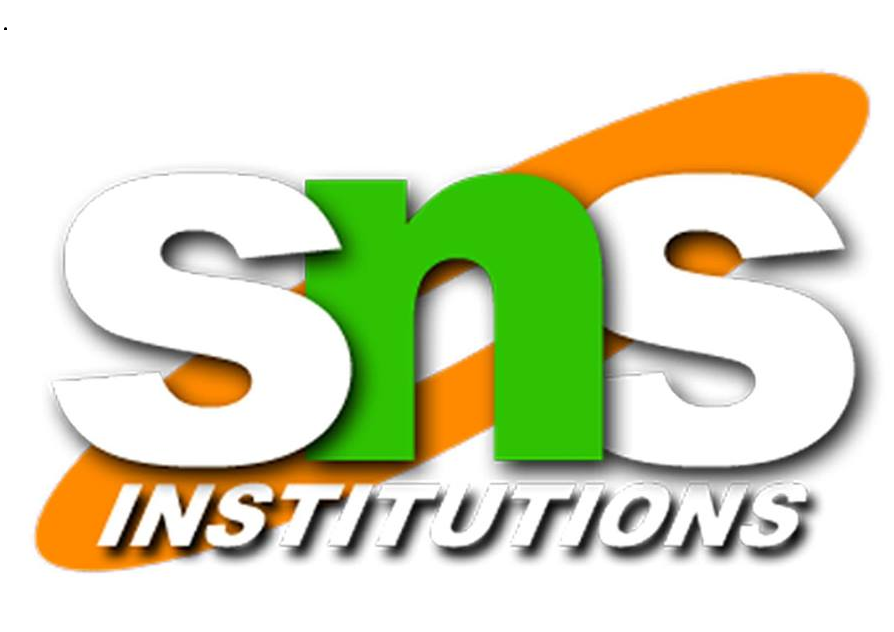
Definition of knowledge and levels of knowledge – Types, kinds, forms and characteristics of Knowledge- Knowledge dimension – Categories of Knowledge dimensions – Dimensions of Cognitive Process - Indian and Western theories of knowledge. Theories of validity of knowledge: Correspondence theory of truth - Utility theory of truth - Semantic theory of truth and Deflationary theory of truth. - Knowledge in relation to information, belief and truth.
Meaning and definition of Curriculum – Need for Curriculum development - Principles of Curriculum development – Types of Curricula: Subject-centered Curriculum, Learner- centered Curriculum, Problem-centered Curriculum and Curriculum Alignment.
Definition and Components of Curriculum design – Sources of curriculum design – Design dimensions: Horizontal and vertical organization – Scope, Integration, and Sequence - Articulation, Balance and Continuity. Meaning of knowledge organization - Forms of knowledge included in school education - Basis of knowledge organizations - Agencies involved in organization of knowledge in schools.
Phases of Curriculum Development process – Models of Curriculum Development: Tyler’s curriculum Inquiry Model, Taba’s Grassroots Rationale Model and Saylor and Alexander’s Planning process Model. Curriculum Implementation Models: ORC Model and LOC Model.
Curriculum Evaluation – Concept, definition – Source dimensions and functions of curriculum evaluation - Approaches to curriculum Evaluation – Need and importance of Curriculum Evaluation – Evaluation Phases - Tyler’s objective-centered evaluation model – Robert Stake’s Congruence- Contingency Evaluation Model - Curriculum revision, Curriculum change and innovation: Types of change - Process of curriculum change strategies and models for curriculum change and innovation.
Reference Book:
Orestein A.C & Hunkins F.P (1988). Curriculum: Foundations, principles and issues. New Jersey: Prentice Hall. 4. Saylor, G.J & Alexander, W (1965) Planning curriculum of school. New York: Holt Richard and Winston. 5. Taba, Hilda. (1962). Curriculum development: Theory and practice, New York: Harcourt Brace, Jovanvich.
Text Book:
Daniel Tanner, Laurel N. Tanner (1975). Curriculum development theory into practice. New York: Macmillan Publishing Co., Inc. Dewey, John (1996). The Child and the Curriculum, Chicageo: The University of Chicago Press. Arora, G.L. (1984). Reflections on curriculum. New Delhi: NCERT. Chikumbu, T.J & Makamure, R. (2000). Curriculum theory, design and assignment (Module 13). Canada: The Commonwealth of Learning. 3. Diamond Robert, M. Designing and improving course in higher education: A Systemic Approach, California: Jossey. Dinn Wahyudin, (2019). Curriculum development and teaching philosophy, LAMBERT Doll Ronal. C. Curriculumi improvement: Decision making process London: Allyon and Bacon.
